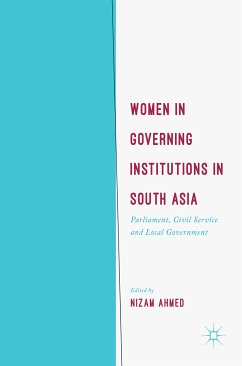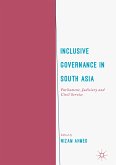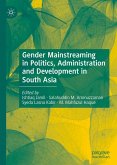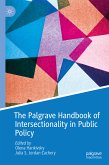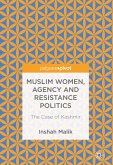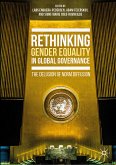This edited volume examines policies aimed at increasing the representation of women in governing institutions in six South Asian countries. Divided into three parts, it addresses the implications of uniformity and diversity for the substantive representation of women in parliament, civil service and local government. The contributing authors explore the scope and limits of 'positive discriminatory policies' within distinct country contexts, and the implications of the lack of such policies in other countries. Their findings shed new light on the extent to which the higher presence of women in different governing institutions matters, particularly in respect of promoting women's issues; and also on the way men and women in different governing institutions look upon each other's roles and adopt strategies for mutual adjustment. This innovative collection will appeal to students and scholars of gender studies, public policy and administration, international relations, law and political science.
Dieser Download kann aus rechtlichen Gründen nur mit Rechnungsadresse in A, B, BG, CY, CZ, D, DK, EW, E, FIN, F, GR, HR, H, IRL, I, LT, L, LR, M, NL, PL, P, R, S, SLO, SK ausgeliefert werden.

